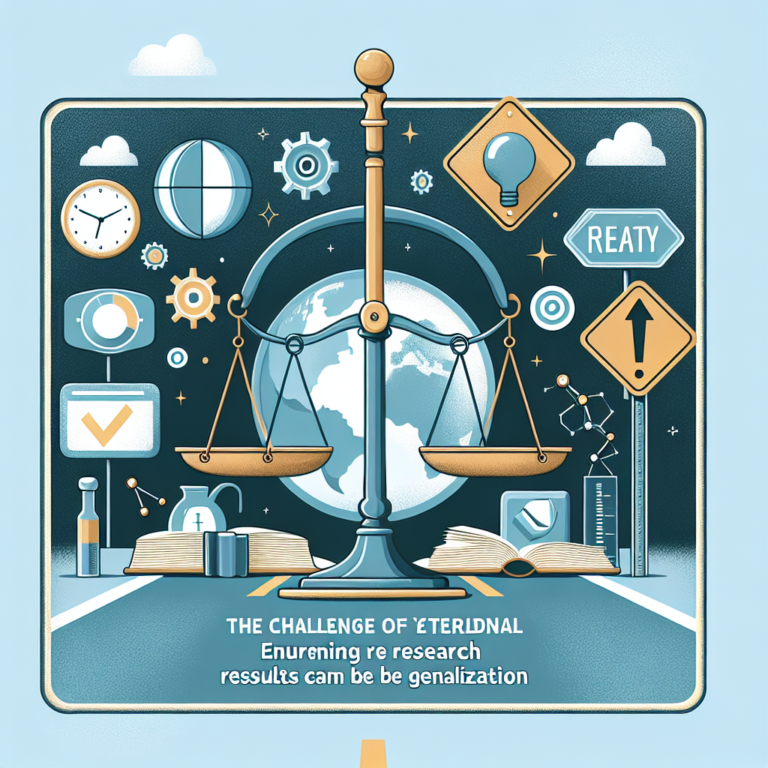
Introduction
Have you ever walked into a room and forgotten why you were there? Or perhaps you’ve struggled to recall a name or a fleeting thought that was just on the tip of your tongue? If so, you’re not alone. Short-term memory decline is a common experience, especially as we age, and it’s an issue that can impact not just daily life but overall well-being. Understanding short-term memory decline: recognizing the early signs and what to do is crucial for everyone, as it empowers us to take proactive steps towards sustaining cognitive health.
Short-term memory is more than a mere storage unit for information; it’s the cognitive process that allows us to handle everyday tasks, from managing our schedules to following conversations. In this article, we’ll delve deep into the nuances of short-term memory decline, helping you identify the early signs and providing actionable strategies to enhance your memory health.
The Importance of Understanding Short-Term Memory
As our lives become increasingly fast-paced, the demands on our cognitive abilities also grow. Recognizing the early signs of short-term memory decline can lead to timely interventions, which can be remarkably effective in enhancing memory and overall cognitive function. This journey into understanding short-term memory decline is not just about recognizing symptoms; it’s about taking charge of our mental health.
What is Short-Term Memory?
Before we dive deeper, let’s clarify what short-term memory is. Short-term memory refers to the ability to temporarily store and manage information for a brief period, usually ranging from a few seconds to a minute. It’s what helps you recall a phone number long enough to write it down or remember a grocery list while you’re shopping. It plays a vital role in our daily interactions and activities.
The Science Behind Memory
Take a moment to appreciate our amazing brains. Short-term memory utilizes neural pathways that become activated when we encounter new information. The prefrontal cortex is primarily responsible for short-term memory, allowing us to hold onto information briefly. However, various factors can cause these pathways to weaken, leading to noticeable short-term memory decline.
Recognizing the Early Signs of Short-Term Memory Decline
Misplacing Items Frequently
One of the most common signs is misplacing everyday items, like your keys or phone. When this starts to happen with increased frequency, it may signal early memory decline.Difficulty Following Conversations
If you find yourself zoning out during conversations or struggling to follow along, it could be a red flag for short-term memory issues.Challenges with Multitasking
Are you having trouble juggling tasks that you once managed with ease? Struggling to take notes during a meeting or forgetting your thoughts mid-sentence are signs to watch for.- Learning New Skills Becomes Harder
Whether it’s picking up a new hobby or adapting to technology, difficulty in learning new things can indicate a decline in short-term memory.
Case Study: John and His Memory Struggles
Consider John, a 56-year-old accountant who had always prided himself on his organizational skills. Over the past year, he noticed he was misplacing documents and was unable to recall simple details during meetings. After falling behind on tasks, he sought help from a cognitive specialist who helped him recognize his early signs of memory decline.
Analysis: John’s case illustrates how recognizing the early signs of short-term memory decline can facilitate timely intervention, enabling him to reclaim his productivity and confidence.
What Causes Short-Term Memory Decline?
Identifying the root causes of short-term memory decline can help in addressing and mitigating its effects. Here are some significant factors:
Age
As we age, natural cognitive decline can affect our memory. While it’s a normal part of aging, awareness is critical.Stress and Anxiety
Chronic stress and anxiety can have a significant negative impact on memory. When the brain is preoccupied with worry, retaining new information becomes challenging.Lack of Sleep
Sleep is vital for memory consolidation. Poor sleep can lead to cognitive impairment and reduced short-term memory capacity.Poor Nutrition
Diet plays an essential role in cognitive function. Nutritional deficiencies can impact memory, making it vital to maintain a balanced diet.- Medical Conditions
Certain conditions, such as depression, thyroid disorders, or neurological diseases like Alzheimer’s, can significantly contribute to memory decline.
Case Study: Sarah’s Nutritional Journey
Sarah, a 45-year-old teacher, started noticing memory issues during her late-night grading sessions. After speaking to a dietitian, she discovered that her diet lacked essential nutrients. By adjusting her food intake to include brain-boosting foods, she experienced a notable improvement in her memory capabilities.
Analysis: Sarah’s transformation exemplifies the pivotal role nutrition plays in cognitive health, reinforcing the idea that short-term memory decline can sometimes be countered with lifestyle changes.
Effective Strategies to Combat Short-Term Memory Decline
Recognizing the signs of short-term memory decline is just the first step; implementing effective strategies can optimize memory health. Here’s what you can do:
1. Practice Mindfulness and Meditation
Research shows that mindfulness practices can enhance cognitive function. Meditation helps reduce stress and improve focus, which facilitates better memory retention.
2. Stay Physically Active
Regular exercise boosts blood flow to the brain and encourages the growth of new neural connections. Aim for at least 150 minutes of moderate aerobic activity each week.
3. Challenge Your Brain
Engage in activities that keep your brain sharp. Puzzles, games, and learning new skills or languages stimulate cognitive function.
4. Get Adequate Sleep
Sleep is critical for memory consolidation. Prioritize 7-9 hours of quality sleep each night to support your memory health.
5. Maintain a Balanced Diet
Incorporate brain-healthy foods rich in antioxidants, healthy fats, and vitamins. This includes leafy greens, fatty fish, berries, nuts, and seeds.
6. Keep a Memory Journal
Writing things down aids memory retention. Keeping a journal allows you to reflect on your thoughts, monitor progress, and memorize information more easily.
7. Stay Socially Active
Social interaction boosts mental health and helps stave off memory decline. Join clubs, engage with friends, and foster meaningful connections.
8. Limit Alcohol and Avoid Smoking
Overconsumption of alcohol and smoking can impair cognitive function. Limiting these substances can be beneficial for your overall brain health.
The Role of Technology in Memory Enhancement
In today’s digital age, several tools can assist in managing short-term memory decline. Consider these helpful technologies:
- Memory Apps: Applications like Evernote or Notion help organize thoughts and streamline information.
- Brain Training Games: Platforms like Lumosity offer exercises designed to boost memory and cognitive skills.
- Digital Reminders: Use smartphone reminders or calendar apps to keep track of important tasks and appointments.
Case Study: Paul’s Technological Approach
Paul, a retiree, started using digital reminder applications to manage his daily tasks after experiencing memory difficulties. By employing technology, he regained control over his schedule and improved his confidence.
Analysis: Paul’s experience reflects how technology can be harnessed to combat short-term memory decline, proving that modern solutions can significantly enhance memory management.
Conclusion
Navigating the landscape of short-term memory decline can be daunting, but recognizing the early signs and taking proactive measures can create a positive trajectory for cognitive health. Whether through mindfulness practices, physical activity, or leveraging technology, small changes can lead to significant improvements.
Our memories shape our identities and interactions, emphasizing the importance of protecting them. As you embark on this journey towards better memory health, keep in mind that awareness, action, and adaptation are the keys to combating short-term memory decline.
FAQs
1. What are some common early signs of short-term memory decline?
Common signs include misplacing items frequently, difficulty following conversations, and struggles with multitasking.
2. Can short-term memory decline be reversed?
While some causes of memory decline can be addressed through lifestyle changes or medical intervention, it may not always be completely reversible.
3. How can stress affect short-term memory?
Chronic stress can impair cognitive function and make it more difficult to absorb and recall information.
4. Are there specific foods that can enhance memory?
Yes, foods rich in antioxidants, healthy fats, and vitamins, such as leafy greens, fatty fish, and nuts, support cognitive health.
5. When should I seek professional help for memory issues?
If you notice significant changes in your memory that interfere with daily life or cause concern, it’s advisable to consult a healthcare professional for assessment.
By recognizing the early signs of short-term memory decline and implementing these strategies, we can all contribute to better brain health, not just for ourselves but for loved ones who may also be experiencing these challenges. Let’s take charge of our memories and health today.

















